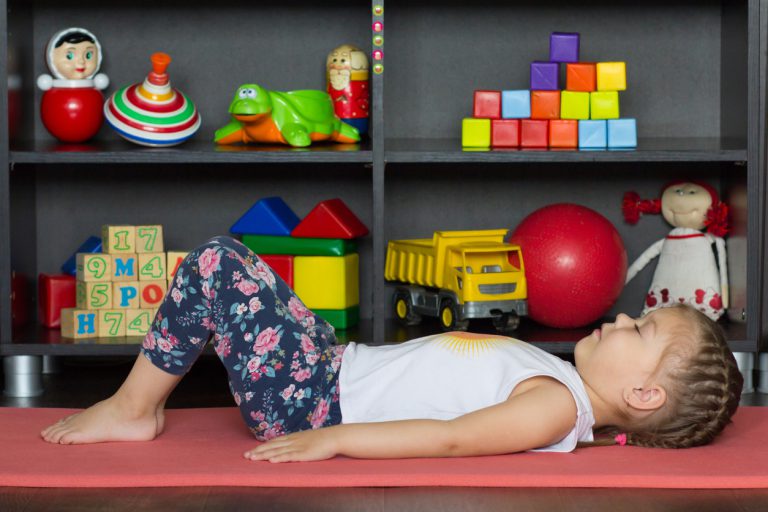In the hustle and bustle of modern life, where screens dominate attention and scheduled are packed with activities, fostering mindfulness in early childhood has become increasingly crucial. Mindfulness, rooted in ancient contemplative practices, involves cultivating a heightened awareness of the present moment without judgement. Implementing mindfulness in early childhood programs and family environments can have profound effects on children’s emotional wellbeing, cognitive development, and overall resilience.
Understanding Mindfulness for Children
Mindfulness for children involves teaching them to pay attention to their thoughts and feelings, fostering self-awareness, and building skills to manage stress. The foundational elements of mindfulness, such as breath awareness, sensory exploration, and body scans, can be adapted to suit the developmental stages of early childhood. By introducing these practices at a young age, children can develop a solid foundation for emotional regulation and cognitive flexibility,
Mindfulness in early Childhood Programs
Early childhood programs play a pivotal role in shaping a child’s early experiences. Integrating mindfulness into these environments creates a nurturing space for children to explore their emotions and develop important social and emotional skills.
One effective approach is to incorporate short mindfulness activities into daily routines. These activities can include guided breathing exercise, mindful storytelling, and sensory play. By seamlessly integrating mindfulness into the curriculum, educators provide children with tools to navigate challenges, enhance concentration and develop a positive mindset.
Additionally, fostering a mindful atmosphere in the classroom involves cultivating a sense of community and cooperation. Mindful communication exercise, group discussions, and collaborative activities promote empathy and strengthen social bonds among children. Through these experiences, children learn the value of kindness, respect, and understanding, creating a positive and supportive environment.
Mindfulness in early Childhood Programs
The influence of family environments on a child’s development is undeniable. Introducing mindfulness practices at home not only supports a child’s emotional growth but also fosters stronger connections within the family unit.
Parents can incorporate mindfulness into daily routines by establishing moments of shared reflections. This may involve family meditation sessions, mindful eating practices, or even nature walks where everyone can engage in sensory exploration together. By making mindfulness a family affair, parents’ model positive behavior and create a supportive atmosphere for children to express their feelings openly.
Furthermore, promoting mindful parenting involves being present and attuned to a child’s needs. That means setting aside dedicated time for quality interactions, listening actively, and responding with empathy. By practicing mindful parenting, caregivers create a secure attachment with their children, which is foundational for healthy emotional development.
Benefits of Mindfulness in Early Childhood
The advantages of mindfulness in early childhood programs and family environments are manifold. Research indicates that children who engage in mindfulness practices demonstrate improved self-regulation, reduced stress levels, and enhanced attention spans. Additionally, the development of executive functions such as decision-making and problem-solving is positively influenced by mindfulness.
Resources
Mindfulness Toolkit Providers and parents alike can access the mindfulness toolkit. The toolkit is designed to introduce you to the concept of mindfulness, share the most current information regarding its benefits and applications and provide you with practical tools for beginning to incorporate mindfulness into your everyday life.
Sesame Street Resource App
This is a resource App for parents to share with their children to help teach skills such as problem solving, self-control, planning and task persistence (ages 2-5) Download this application, available in English and Spanish for Android and Apple devices.
Getting Started with Mindfulness: A Toolkit for Early Childhood Organizations | ZERO TO THREE Unlock the potential of mindfulness in early childhood settings with this comprehensive toolkit from Zero to Three by clicking on the link and then providing Zero to Three your email information.
-

LeAnn Woods
Child Care Health Consultant, Child Care Aware of Kansas
LeAnn is a mother of three and a grandmother of five, currently residing and working remotely in central Kansas. She graduated from Fort Hays State University with a bachelor’s degree in social work. Before her role in early childhood education, she worked in mental health community-based services. LeAnn is a humanitarian by nature and a champion for children and families.






